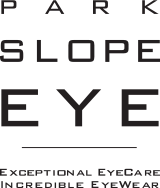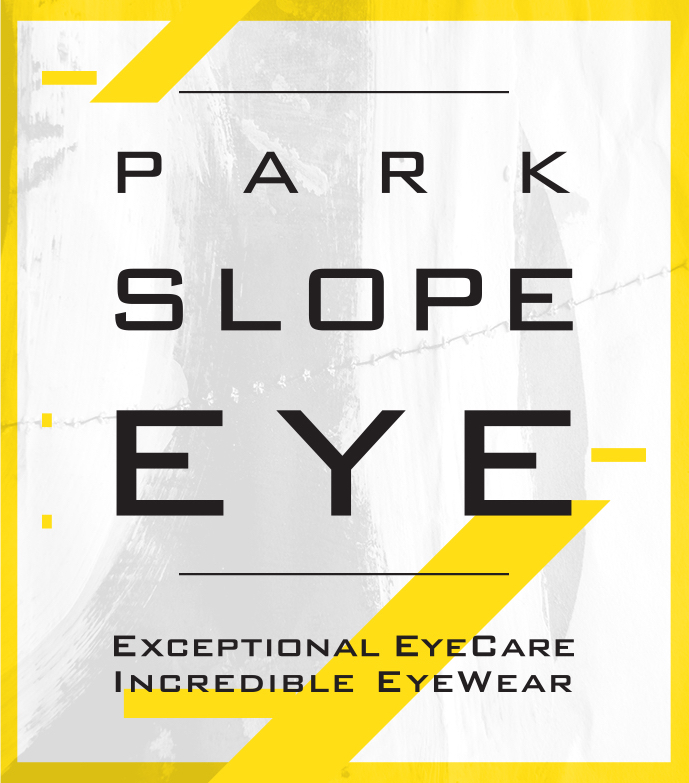The truth about proper eye care is that you can’t do it alone. When you’re starting to experience vision problems or your existing condition has taken a turn for the worse, it pays to turn to an eye-care professional who can provide you with timely and appropriate solutions. Here are some of the essentials you need to consider:
• Learn the difference between an ophthalmologist and optometrist. The type of specialist you need will depend on your overall eye health. Complicated eye conditions and vision problems may require an ophthalmologist to correct them. If you need only basic eye care, it’s acceptable to visit an optometrist to have your vision checked. What are the other differences between the two?
An ophthalmologist specializes in medical and surgical procedures, which means they are capable of addressing eye injuries, diseases or complex vision problems. They should possess an M.D. or O.D. degree and will have completed four years of specialized training and medical school. Ophthalmologists should also be licensed by a state regulatory board, making them qualified to diagnose and treat a variety of eye conditions.
An optometrist should have completed four years of optometry school, carrying the credentials of OD or doctor of optometry. Many will have completed specialty training programs for specific eye conditions. They are well-qualified to diagnose, treat and care for a number of common eye diseases, like glaucoma and cataracts. Both professionals can provide the necessary treatment and prescribe the right eyeglasses or contact lenses to improve vision.
• Check for credentials and experience. Most eye doctors will be glad to show you their licenses and certifications should you ask for them. If you want to confirm, you can always contact your local or state licensing board. It pays to check for years of experience, as well. A complicated eye problem, for instance, may require a professional who specializes in the treatment of that specific condition. To ensure a good choice of eye doctors, ask friends and neighbors for local referrals. These will provide a clearer and more accurate idea on what you should expect from a given practitioner.
You should also make sure your choice of an eye-care specialist offers an extensive range of services. We’ll discuss what to look for in the final installment of our three-part blog.








